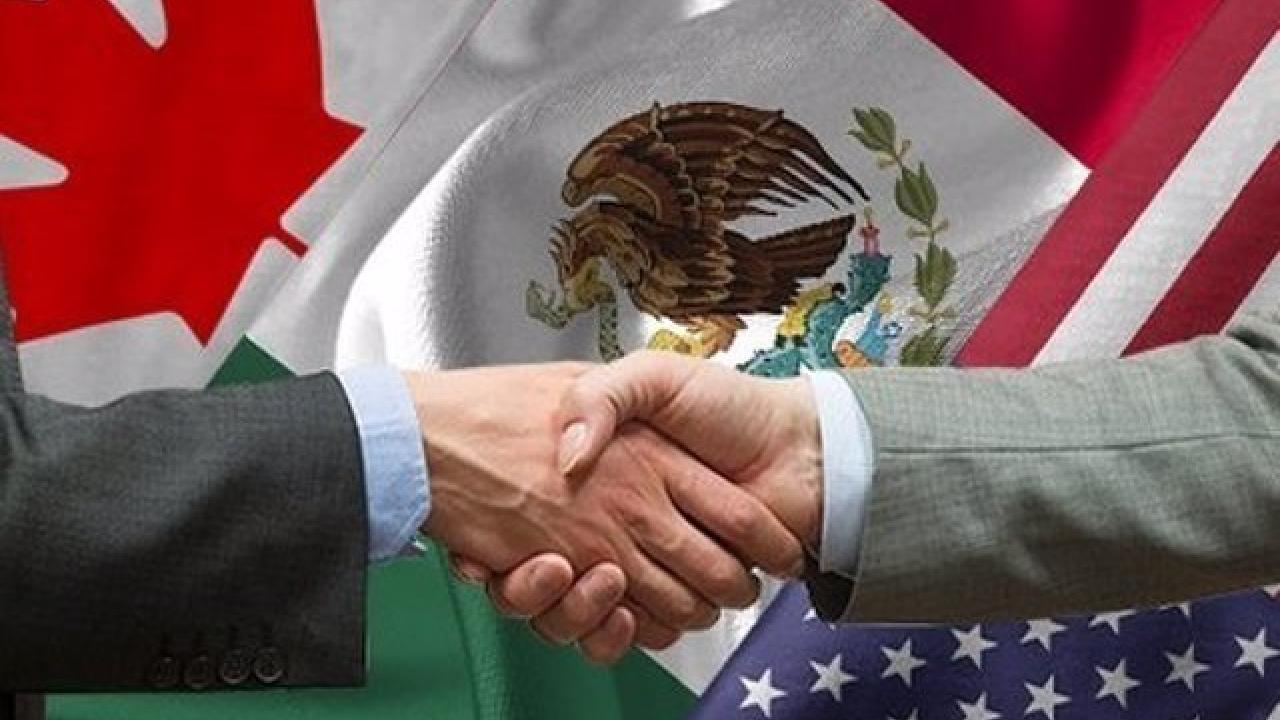
Given the deterioration in the material capabilities that the government's negotiating team has suffered, the review of Mexico's agreement with its North American partners in 2026 will relegate work on other pacts that could not be closed this six-year term.
Mexico will prioritize the review of the Treaty between Mexico, the United States and Canada (T-MEC) over other trade agreements to be negotiated, highlighted Rafael Nava, coordinator of technical barriers to trade at Cuarto de Junto, a negotiating arm of the Business Coordinating Council ( CCE).
The outgoing administration of President Andrés Manuel López Obrador will inherit a series of unfinished or yet-to-be-initiated negotiations on Mexico's bilateral trade agreements with South Korea, Ecuador, Brazil, Argentina and the United Kingdom.
It will also leave pending the closing of the negotiations corresponding to the accession of Canada, New Zealand and Australia to the so-called Pacific Alliance, of which Chile, Peru and Colombia are also part.
"The review of the T-MEC will require resources, due to the number of expert negotiators in each of the chapters, and they are very short of resources in the Ministry of Economy; therefore, there are not many elements to open two or three fronts to the same time,” commented Nava.
Already Katherine Tai, White House trade representative; Raquel Buenrostro, Secretary of Economy of Mexico, and Mary Ng, Minister of International Trade, Export Promotion, Small Business and Economic Development of Canada, had a first conversation in which they touched on preliminary aspects of the review of the USMCA on the 22nd. May in Phoenix, Arizona.
But there is little to advance in substance during the coming months if one considers that the new presidential administration of Mexico will begin its term of government on October 1, while the term of government of the US president, Joe Biden, ends on October 20. January 2025.
Nava said that Mexico will put the review of the USMCA at the center of its interest, for the simple reason that around 82% of its product exports go to the United States and Canada.
Since its beginning, the López Obrador government substantially reduced the negotiating team of the Ministry of Economy, arguing a policy of budgetary austerity and describing certain officials in middle and high management as having a “neoliberal” profile.
Virtually all of these officials negotiated the new free trade agreement between Mexico, the United States and Canada (T-MEC) in the last administration and are now part of the staff of several consulting companies.
López Obrador's government was characterized by focusing on not affecting Mexico's integration with the United States, first with then-president Donald Trump and later with Biden.
When asked if he has a good relationship with López Obrador, Biden replied last April: “He seems like a direct person to me. He has never teased me. He knows what he wants. Keeps his word. That's all I can ask for."
Without capacity or willingness
But the current Mexican government did not have the interest, capacity or willingness of its counterparts to put into effect any of the trade agreements that are on the negotiating table, greatly affected by the Covid-19 pandemic and also by their own priorities.
“The best foreign policy is the internal one,” López Obrador said repeatedly since he was a presidential candidate.
To begin with, he did not strongly publicly promote the signing of the modernization of the Free Trade Agreement between the European Union and Mexico (TLCUEM), which is still pending for subsequent ratification.
There has also been no progress in the negotiations to expand the economic complementarity agreements with Brazil and Argentina, who have new presidents (Luiz Inácio Lula da Silva since January 1, 2023 and Javier Milei since December 10, 2023).
Publicly, the Mexican government announced on March 2, 2021 the beginning of negotiations for South Korea's entry into the Pacific Alliance for the first half of 2022, and the beginning of negotiations for a "bilateral FTA."
However, Mexico then paused, which continues to this day, in the FTA negotiations with South Korea, in order to design the objectives it wants to achieve and after the concerns expressed by businessmen from various sectors.









